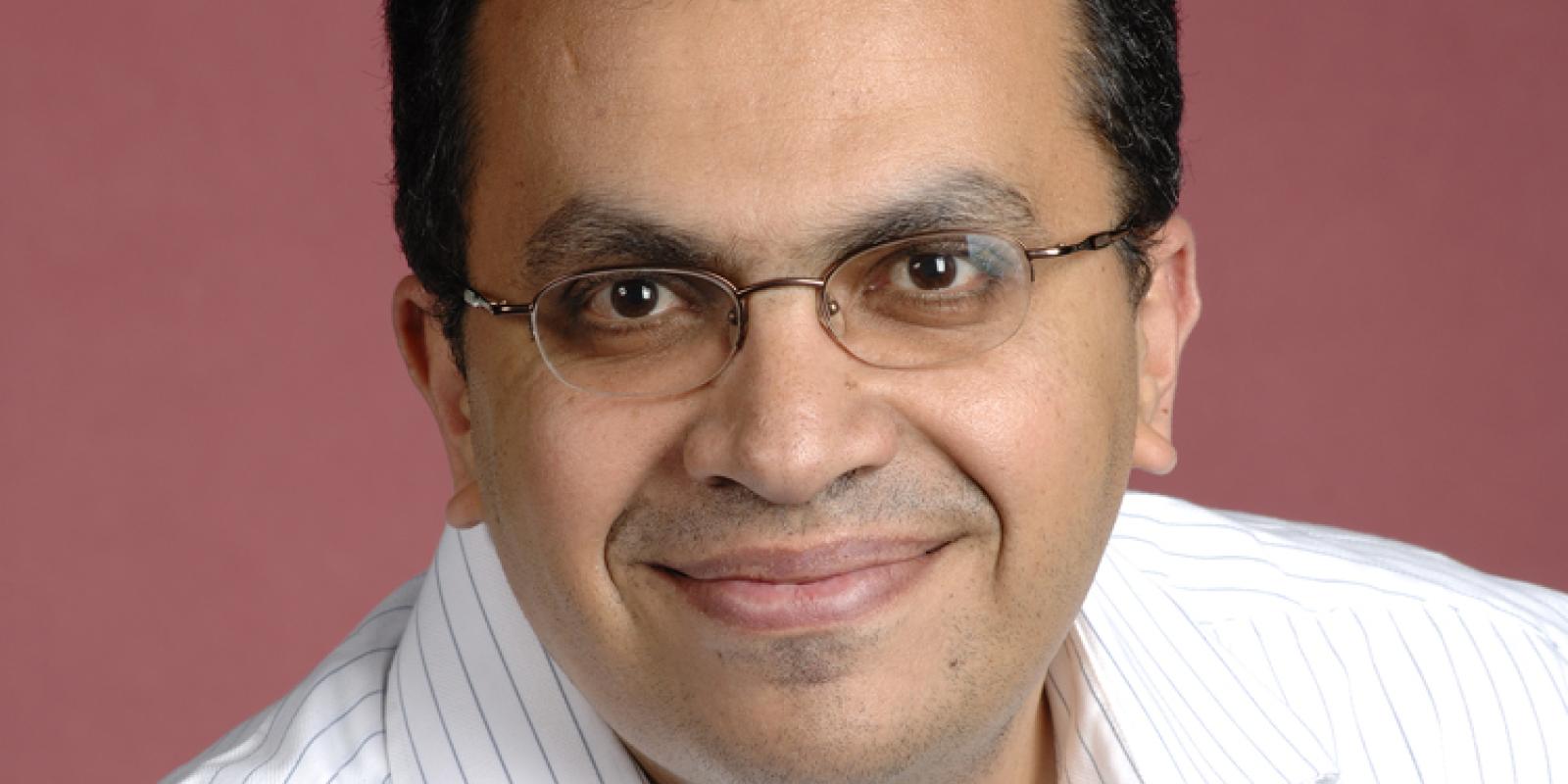
Healing a Nation: How to Overcome Agony, Build Unity
The recent bombing of the St. Peter and St. Paul Church attached to the St. Mark’s Coptic Orthodox Cathedral in Abbasiya, preceded by roadside bombings at a Giza checkpoint two days earlier and a Sinai Peninsula bombing almost two weeks before, are a sore reminder of terrorism and the pain it inflicts on individuals, societies and entire nations. With many Egyptians in a state of grief, pain and anger, Hani Henry, associate professor of psychology and chair of AUC’s Department of Sociology, Anthropology, Psychology and Egyptology, examines ways that Egyptians can surpass such negative emotions. Henry, who is “deeply influenced” by the works of the prominent U.S. family therapist Froma Walsh on suffering, healing and resilience, offers insights on how to turn negative sentiments into a positive force for national unity and community building.
How can Egyptians overcome their current sentiments of grief?
It is really important for everyone to recognize, understand and express the feelings that are associated with such horrific events. Pushing for a fast recovery and ignoring these emotions may be invalidating and damaging, so we have to allow the process of healing to take its time.
How can emotional healing come about?
Social support and mirroring help individuals in their healing process. It is also important that individuals maintain their routine as much as they can. Of course, this can be difficult due to the immense grief they may be experiencing, but maintaining one’s routine will help individuals in combating feelings of emptiness and desperation, and will prevent them from dwelling on painful experiences. Moreover, it is important to maintain an optimistic bias even when the situation sounds bleak and hopeless. There is always hope as long as we are alive.
In addition to sadness, many Egyptians are experiencing mixed emotions of confusion and uncertainty. What is the best way to achieve closure and inner peace in order to keep moving forward?
Many individuals might have a combination of feelings, such as sadness, anger or anxiety. They may also experience what we call “survivor guilt” if they ask themselves why this happened to the victims and not themselves. It is really important that people have an outlet for discussing and experiencing these feelings instead of repressing them. There is also a need to normalize and validate these feelings.
Is letting out one’s feelings an effective way to heal?
Yes, psychologists have stressed that expressing these feelings and receiving validation for them is one of the most important elements of healing. It is also essential that people take care of their health, as good health will help them survive. If the negative emotions continue to impair normal functioning, then individuals should seek the help of mental health professionals.
How can we make use of such hardships and tragic incidents to come together and build our unity as a community and nation?
Every crisis can be an opportunity for growth. Despite the ugliness of these terrorist attacks, people were able to identify some positive aspects of what happened. For example, the sense of unity between Christians and Muslims against terrorism and savagery was strengthened after the Coptic church bombing. This horrific incident also proved that Egyptians cherish life and reject the culture of death that has swept our region. This is a very positive sign and gives me hope that Egypt is changing and appreciating life even more.
What are your final words of advice?
For those who experience agony, distress, pain or other negative sentiments, it is always possible to channel these feelings into a cause or major life goal. It may seem challenging at first, but it’s definitely possible. Transcendence and spirituality can also help by deepening the connections between individuals who are mourning.
